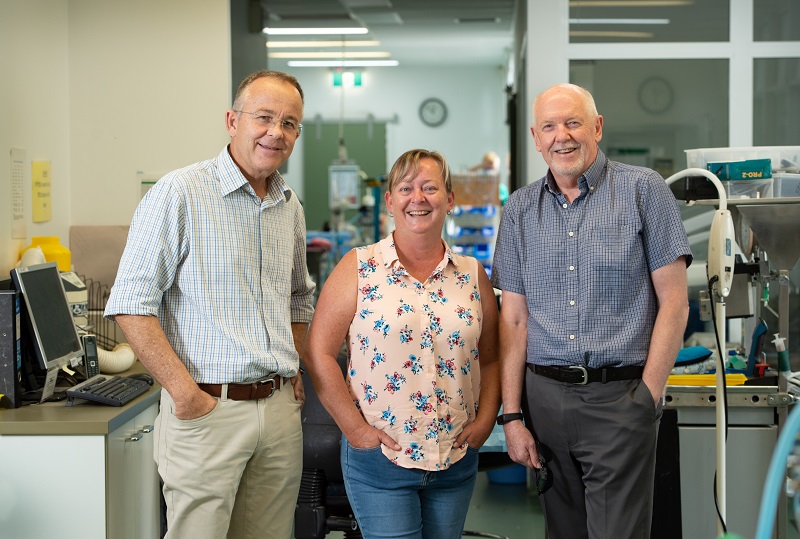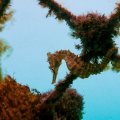
A DNA test to rapidly detect chlamydia infection in koalas, offering on-the-spot results within 30 minutes, has been developed by a University of Queensland-led team of researchers.
Known as the LAMP (loop mediated isothermal amplification) test, it detects the most common chlamydia strain, which affects greater than 50 per cent of South East Queensland’s koala population and koalas Australia-wide.
UQ PhD candidate Lyndal Hulse, who designed the test, said a diagnosis with LAMP only required minimal preparation of swabs collected from the koala’s urogenital tract and eyes, delivering results in just half-an-hour.
“It’s a big step up, as previous tests – which required a polymerase chain reaction (PCR) test in a laboratory – took days to reach a diagnosis, or longer,” she said.
“The previous method was extremely time-consuming for wildlife veterinarians and koala ecologists to access results.
“We wanted to design a test that was equally reliable and as accurate as PCR, but one that was more cost-effective, with simplistic swab preparation that could be done at the point-of-care and provide on-the-spot results.
“For this study, 43 clinical swabs were tested via PCR and LAMP and results from both methods matched perfectly – it was clear that LAMP was working.”
The test is now being used at Currumbin Wildlife Hospital and RSPCA’s Wildlife Wacol and Moggill Koala Rehabilitation Centre.
LAMP is extremely sensitive in detecting small quantities of bacteria.
 Associate Professor Stephen Johnston, one of Ms Hulse’s supervisors, said the test fulfilled a need in the fight against the spread of chlamydia among koala populations.
Associate Professor Stephen Johnston, one of Ms Hulse’s supervisors, said the test fulfilled a need in the fight against the spread of chlamydia among koala populations.
“Koalas can often show no obvious clinical signs of chlamydia, yet they can be highly infectious, carrying a heavy bacterial load,” he said.
“This test has such a rapid turnaround time that it means decisions about treatment can be made quickly.
“And the testing equipment is compact, portable and battery-powered so you can run the test anywhere – for ecologists out in the field it would be simple to set up the required equipment.”
Ms Hulse has also developed a range of LAMP tests for other koala pathogens.
“Other testing can detect koala pathogens like Chlamydia pneumoniae and Bordetella bronchiseptica, which cause respiratory disease and pneumonia in koalas,” she said.
“In the future, these could be incorporated with the Chlamydia pecorum assay into a single test.
“We’re ready to see koala treatment supercharged, so these beautiful animals can return to safe and healthy lives in the wild.”
The researchers’ report on the development and evaluation of the test has been published in MicrobiologyOpen (DOI: 10.1002/mbo3.916).
Queensland University of Technology’s Professor Ken Beagley founded the idea for LAMP, and Ms Hulse made it a reality; developing and validating the test and incorporating into wildlife hospitals.
The study was funded by grants from the Queensland Government Koala Research Grant Program and the Community Sustainability Action Grants program.
The research team is working with GeneWorks on simplified protocols to make the chlamydia test available for use by anyone caring for koalas, irrespective of whether they have scientific or laboratory training.
Image above: Researchers Associate Professor Stephen Johnston, Lyndal Hulse, and Professor Ken Beagley.
Media: Lyndal Hulse, l.hulse@uq.edu.au, +61 418 802 295; Dominic Jarvis, dominic.jarvis@uq.edu.au, +61 413 334 924.
.jpg)









